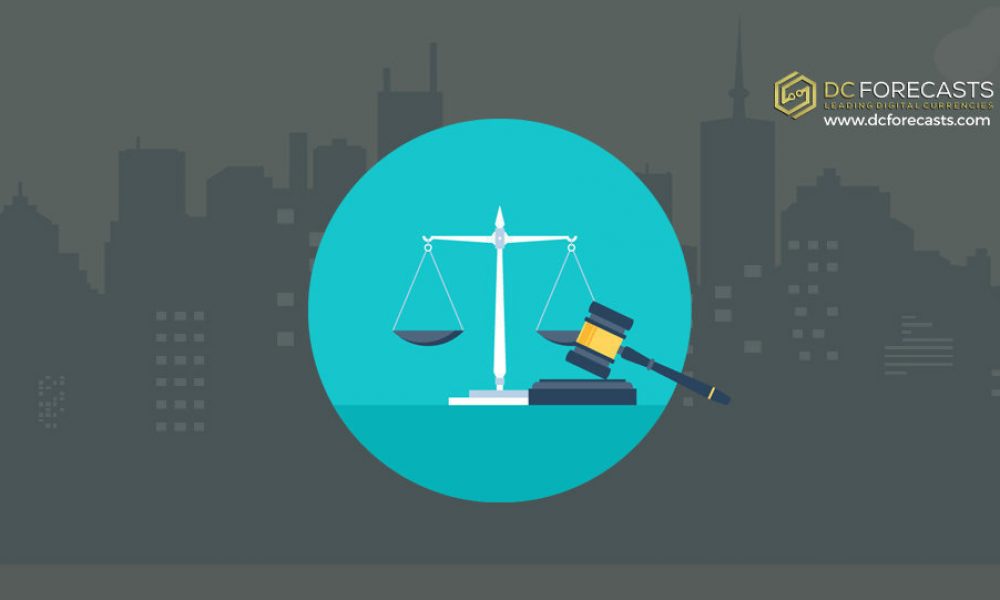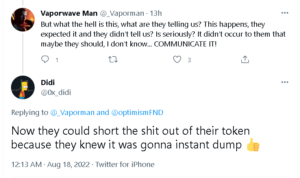Japan might loosen up restrictions on token listings since according to the existing policies in the country, crypto exchanges have to wait for months for a screening process before listing tokens so let’s read more in today’s crypto news, about how things might change.
The Japan Virtual and Crypto assets Exchange Association is the country’s watchdog responsible for overseeing digital coin listings on exchanges considering loosening up its screening processes. From the people that have knowledge of the matter, the JVCEA regulator in Japan might loosen up restrictions on token listings and it will supervise the industry by policing the assets once they get listed. To member exchanges that have problematic coins being traded on the platforms, they might have to delist them if issues arise. Trading venues will be required to report any listing plans to the regulators despite the removal of the screening process. The source also indicated that the new measures will not apply to ICOs and the finalized decision will arrive by the end of the year.
The newly adjusted policy came after prime minister Fumio Kishida and his administration criticized the existing screening process which hindered local crypto companies from thriving because of the ineffective policies. However, he stated that the association has to stick to the principles of user protection. JVcA also announced a new policy that allows member exchanges to add a selection of the green-listed cryptocurrencies without the heavy screenings.

Before that, the listing process could take up to six months which is a long time for crypto companies and can impede growth. Compared to the US-based exchanges like Coinbase global whcih offers more than 100 assets for the customers, the GMO coin as one of the biggest exchanges in Japan, has about 21 cryptocurrencies. With fewer coins listed on the platforms, the local exchanges faced difficulty in gaining customers amid the fierce competition in foreign counterparts.
In the wake of Terra’s debacle, the Parliament of Japan passed legislation that will put stablecoins under scrutiny and will require such assets to be pegged to either country’s national currency or another legal tender to be categorized as such. The move was seen as a response to the disaster of the Terra stable coin which has no underlying assets in reserve related to fiat currencies so the Japanese authorities considered such an initiative can improve user protection.
- 100
- About
- According
- administration
- allows
- Amid
- announced
- Another
- Apply
- Assets
- Association
- because
- before
- being
- Biggest
- change
- Coin
- coinbase
- Coins
- Companies
- compared
- competition
- could
- country
- crypto
- Crypto Exchanges
- crypto-assets
- cryptocurrencies
- currencies
- Currency
- Customers
- Despite
- digital
- disaster
- exchange
- Exchanges
- existing
- faced
- Fiat
- fierce
- foreign
- gaining
- Global
- Growth
- How
- However
- HTTPS
- ICOs
- improve
- industry
- Initiative
- International
- issues
- IT
- Japan
- Japanese
- JVCEA
- knowledge
- Legal
- Legislation
- Listed
- listing
- Listings
- local
- Long
- Matter
- measures
- member
- might
- months
- more
- move
- National
- news
- Offers
- parliament
- People
- plans
- Platforms
- policies
- policy
- process
- processes
- protection
- regulations
- Regulators
- removal
- report
- require
- required
- Reserve
- response
- responsible
- restrictions
- selection
- since
- SIX
- Six months
- So
- Stablecoins
- stated
- Terra
- The
- The Source
- things
- time
- today’s
- token
- Tokens
- Trading
- under
- Virtual
- wait
- without
- year













